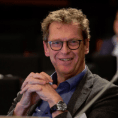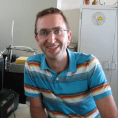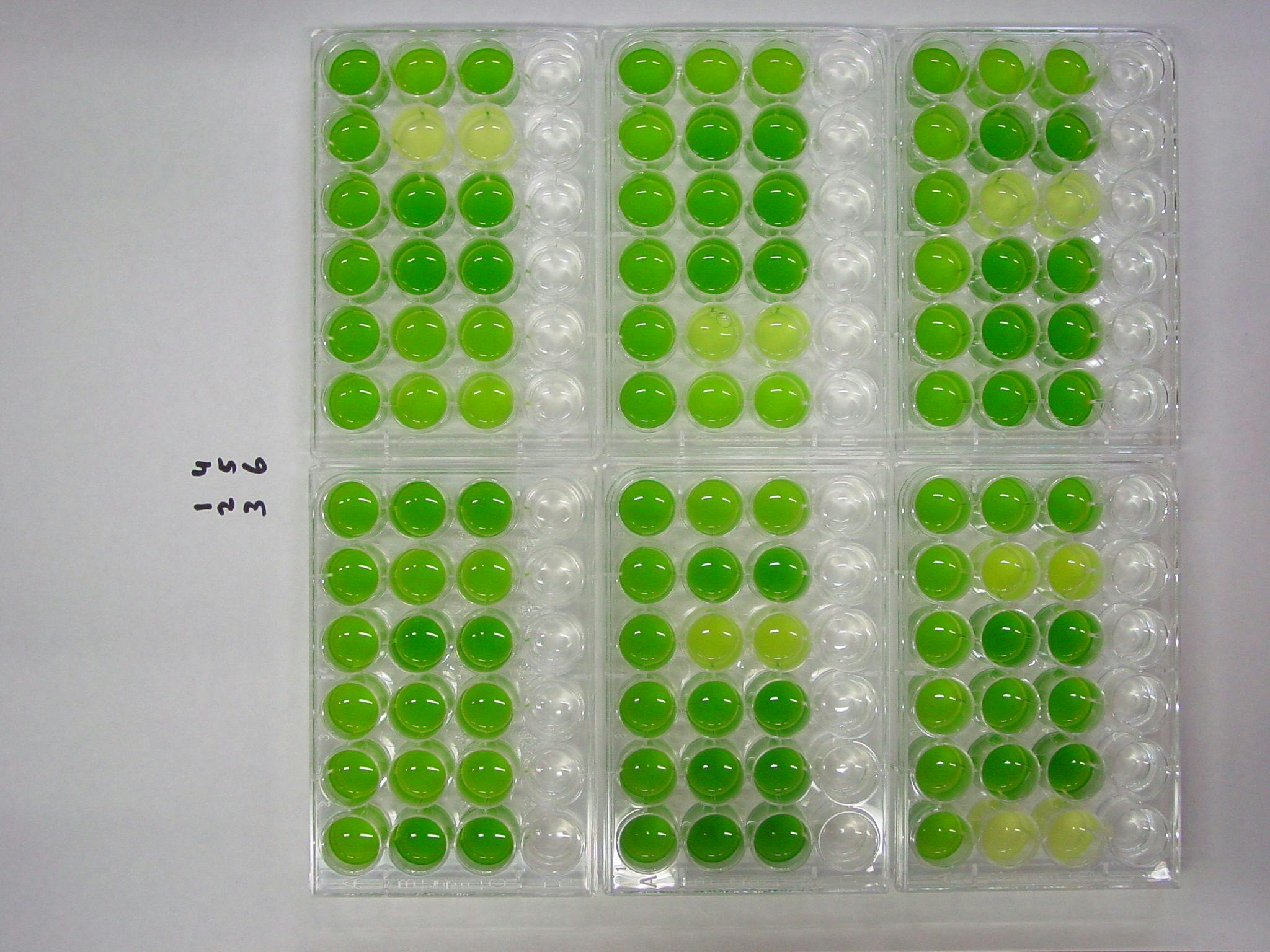Wetsus, centre of excellence for sustainable water technology is a facilitating intermediary for trend-setting
know-how development. Wetsus creates a unique environment and strategic cooperation for development of profitable and sustainable state of the art water treatment technology. The multidisciplinary collaboration between companies and research institutes from all over Europe in Wetsus results in innovations that contribute to the solution of the global water problems. Wetsus acts as Technological Top Institute for Water technology and is located in Leeuwarden, The Netherlands. Wetsus’ scientific research program is defined by the private and public water sector and conducted by leading universities.
AlgaePARC researchers contribute in the Wetsus research theme ‘Algae’. The focus of the theme is sustainable biotechnology for the production of valuable products. To develop this into an economically feasible technology, improvements need to be made in the conversion from light and minerals to biochemicals. This is investigated using different strategies to improve light colour, and the effects of light-dark cycles and light frequency on growth and product yield. For specific products such as proteins or lipids, the effects of specific culture conditions are evaluated. Furthermore, research is done on how to better integrate algae cultivation with downstream processing, such as culturing algae in biofilms, bio- and auto-flocculation of algae and scenario studies on the boundary conditions required for this integration.
Klok, A. J. Lipid production in microalgae. PhD dissertation, Wageningen University, 2013.
Klok, A. J., et al. A model for customising biomass composition in continuous microalgae production. Bioresource technology 146 (2013): 89-100.
Klok, A. J., et al. Simultaneous growth and neutral lipid accumulation in microalgae. Bioresource technology 134 (2013): 233-243.
Kliphuis, A. M. J., et al. Metabolic modeling of Chlamydomonas reinhardtii: energy requirements for photoautotrophic growth and maintenance. Journal of applied phycology 24.2 (2012): 253-266.
Salim, S., et al. Mechanism behind autoflocculation of unicellular green microalgae Ettlia texensis. Journal of biotechnology 174 (2014): 34-38.
Salim,S. Harvesting microalgae by bio-flocculation and auto flocculation. PhD dissertation, Wageningen University, 2013.
Salim,S., et al. Modeling microalgal flocculation and sedimentation. Bioresource technology 144 (2013): 602-607.
Salim,S., et al. Effect of growth phase on harvesting characteristics, autoflocculation and lipid content of Ettlia texensis for microalgal biodiesel production. Bioresource technology 138 (2013): 214-221.
Salim, S., et al. Ratio between autoflocculating and target microalgae affects the energy-efficient harvesting by bio-flocculation. Bioresource technology 118 (2012): 49-55.
Salim,Sina, et al.
Harvesting of microalgae by bio-flocculation. Journal of applied phycology 23.5 (2011): 849-855.
Santos, A. M., et al. pH-upshock yields more lipids in nitrogen-starved Neochloris oleoabundans. Bioresource technology 152 (2014): 299-306.
Santos, A. M., et al. Biomass and lipid productivity of
Neochloris oleoabundans under alkaline–saline conditions. Algal Research 2.3 (2013): 204-211.
Santos, A. M., et al. Growth of oil accumulating microalga Neochloris oleoabundans.
under alkaline–saline conditions. Bioresource technology 104 (2012): 593-599.
Schwenzfeier, A., et al. Effect of charged polysaccharides on the techno-fu
nctional properties of fractions obtained from algae soluble protein isolate. Food Hydrocolloids
35 (2014): 9-18.
Schwenzfeier, A. Physico-chemical and Techno-functional Properties of Proteins Isolated from the Green Microalgae Tetraselmis Sp. PhD dissertation, Wageningen University,
2013.
Schwenzfeier, A., et al. Emulsion properties of algae soluble protein isolate from
Tetraselmis sp. Food Hydrocolloids 30.1 (2013): 258-263.
Schwenzfeier, A., et al. Foam properties of algae soluble protein isolate: Effect of pH and ionic strength. Food Hydrocolloids 33.1 (2013): 111-117.
Schwenzfeier, A., et al. Isolation and characterization of soluble protein from the green microalgae Tetraselmis sp. Bioresource technology 102.19 (2011): 9121-9127.
Slegers, P. M. Scenario studies for algae production. PhD dissertation, Wageningen University, 2014.
Slegers, P. M., et al. A model-based combinatorial optimisation approach for energy-efficient processing of microalgae. Algal Research 5 (2014): 140-157.
Slegers, P. M., et al. Scenario evaluation of open pond microalgae production. Algal Research 2.4 (2013): 358-368.
Slegers, P. M., et al. Scenario analysis of large scale algae production in tubular
photobioreactors. Applied Energy 105 (2013): 395-406.
Slegers, P. M., et al. Design scenarios for flat panel photobioreactors. Applied Energy
88.10 (2011): 3342-3353.
Sousa, C. Oxygen accumulation in photobioreactors. PhD dissertation, Wageningen University, 2013.
Sousa, C., et al. Effect of dynamic oxygen concentrations on the growth of Neochloris oleoabundansat sub-saturating light conditions. Bioresource technology 142 (2013): 95-100.
Sousa, C., et al. Effect of oxygen at low and high light intensities on the growth of
Neochloris oleoabundans. Algal Research 2.2 (2013): 122-126.
Sousa, C., et al. Growth of the microalgae Neochloris oleoabundans at high partial oxygen pressures and sub-saturating light intensity. Bioresource technology 104 (2012): 565-570.
de Winter, L., et al. Circadian rhythms in the cell cycle and biomass com position of
Neochloris oleoabundans under nitrogen limitation. Journal of biotechnology (2014).
de Winter, L., et al. The synchronized cell cycle of Neochloris oleoabundans
and its influence on biomass composition under constant light conditions. Algal Research 2.4 (2013): 313-320.

Professor

Professor/Chair Bioprocess Engineering

Assistant Professor
